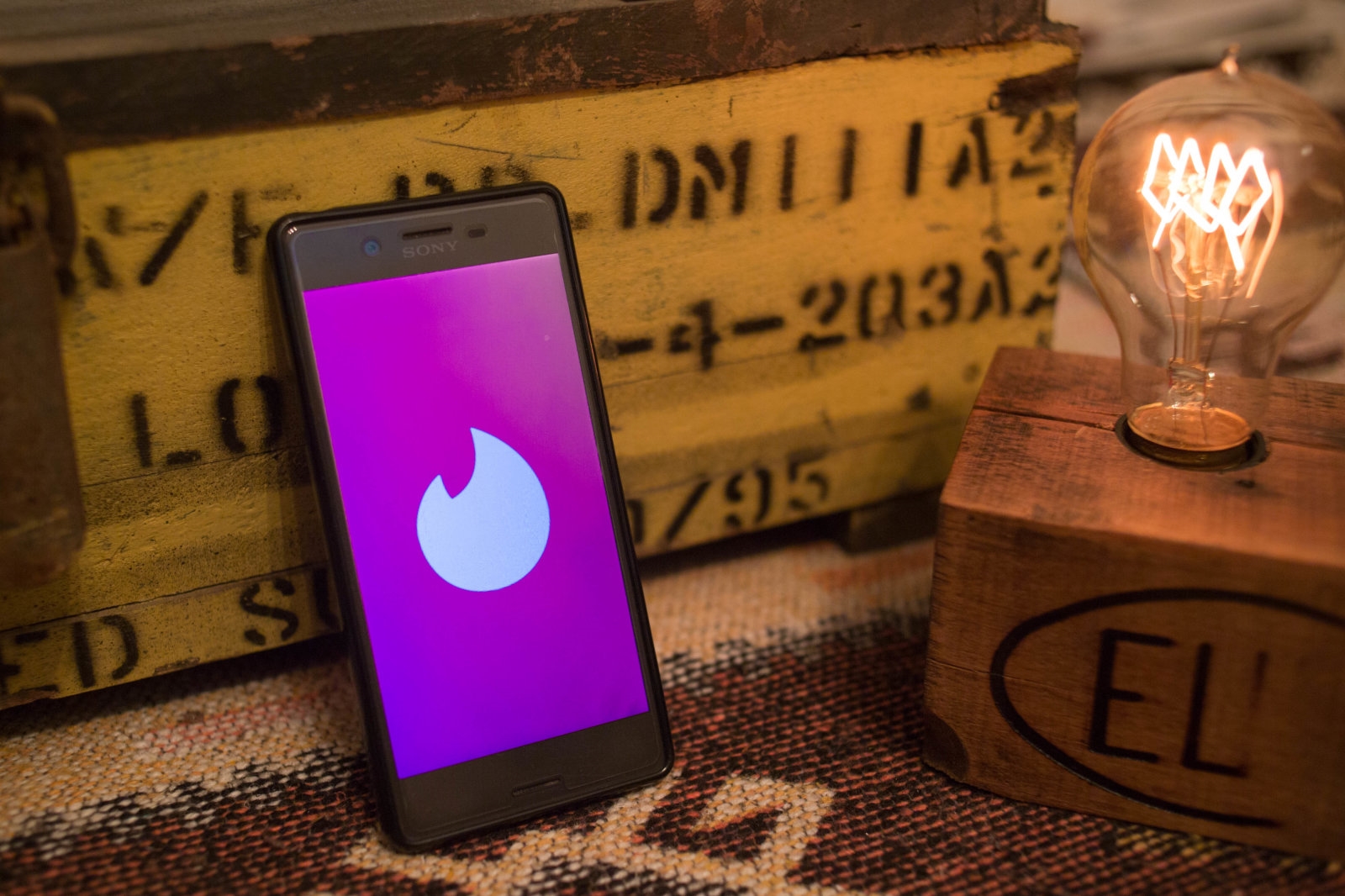Tinder is exploring a different approach to fighting app store fees — it’s simply ignoring what the store operators want. The dating giant has introduced a default payment process into its Android app that skips Google Play’s system entirely, instead taking payments directly. And if you go this route, you lose the option of switching back to Google Play after the fact.
Match Group spokeswoman Justine Sacco characterized this as an experiment to Bloomberg, saying that the firm “constantly” tests new features and that payment options which “benefit [the users’] experience” were an example of this. We’ve asked Google for comment, although it hadn’t responded to Bloomberg‘s request as of this writing.
It’s entirely practical for Android developers to enable direct payments without using Google Play, but that typically means bypassing Google Play altogether, like Epic did with Fortnite. It’s another matter entirely to remain in the store but ditch Google’s usual requirements. Tinder may be betting that Google won’t pull such a high-profile app despite the obvious defiance.
Services like Tinder and Spotify are rebelling against app store revenue cuts for one simple reason: they want a larger slice of the pie. Google and Apple both take up to 30 percent from in-app subscriptions (15 percent after the first year), and that’s a large hit for services that often cost $10 or less per month. Developers either have to take a revenue hit for customers who subscribe through the stores or else raise prices to compensate. They’ve also argued that the revenue sharing leads to unfair competition when it involves similar services. Apple gets all of the revenue from Apple Music subscriptions at $10 per month, for instance, but Spotify only gets $7 from in-app memberships.
Tinder and other objectors are unlikely to get what they want without a fight. While third party app subscriptions aren’t vital to Google’s bottom line, they likely represent a significant amount. Sensor Tower recently estimated that Tinder alone raked in $497 million of total revenue across Android and iOS in the first half of 2019. Even if you limit that to Google’s cut, that could still be tens of millions of dollars lost from one company.
(41)

